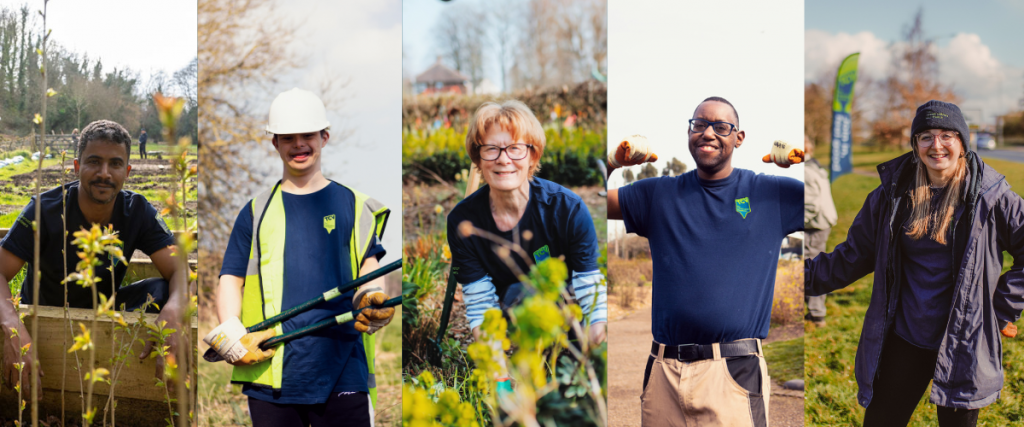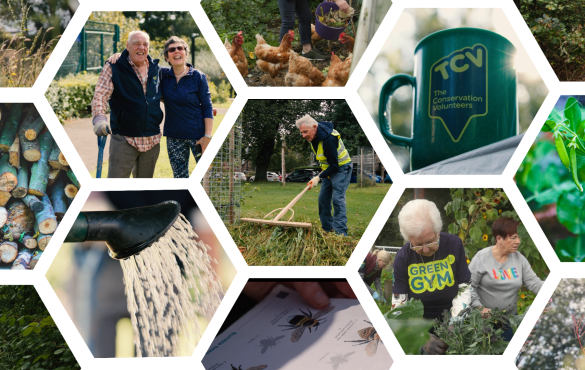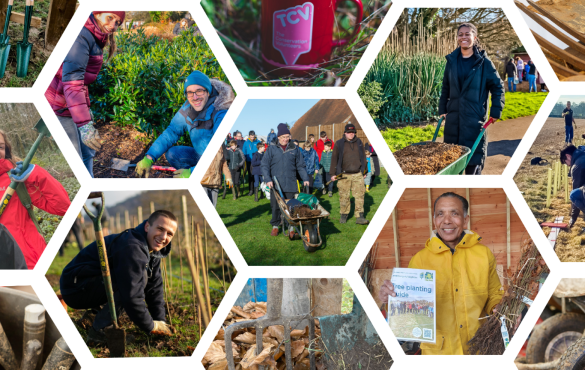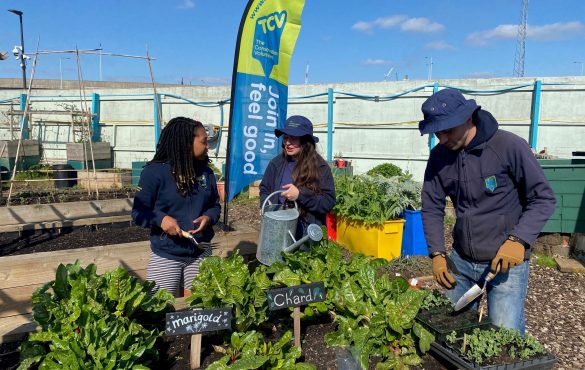Pride Month happens every June, and alongside the vibrant parades and celebrations, it’s a powerful time to reflect on the ongoing fight for LGBTQIA+ rights and recognition. Just as a healthy ecosystem thrives on diversity and interconnectedness, a thriving society – one that is capable of tackling the urgent environmental and mental health challenges we face – relies on inclusion, equity, and crucially, allyship.
What is Allyship and Why Does It Matter?
Allyship, at its core, is about actively supporting and advocating for a marginalised group even if you don’t belong to that group yourself, vocally and visibly. It’s not about being a ‘saviour’ or speaking for LGBTQIA+ individuals but rather using your privilege and platform to amplify their voices, challenge discrimination, and create more inclusive spaces.
Allyship means:
- Educating Yourself: Taking the time to understand the history of the LGBTQIA+ rights movement, the challenges faced by the community, and the specific issues impacting different LGBTQIA+ identities.
- Listening and Learning: Prioritising the voices and experiences of LGBTQIA+ individuals. Believe their stories and be open to feedback, even if it’s uncomfortable.
- Speaking Up: Challenging homophobic, transphobic, biphobic, etc. remarks and actions, whether they occur in person or online. Silence can be complicity.
- Creating Inclusive Spaces: Ensuring that our volunteering activities, events and communications are welcoming and safe for everyone, regardless of sexual orientation or gender identity.
- Advocating for Change: Supporting polices and initiatives that promote LGBTQIA+ equality, both within our organisation and in wider society.
The Intersections of Environmentalism and LGBTQIA+ Rights
You might be surprised at how deeply intertwined environmental justice and marginalised communities’ rights are. Marginalised individuals often disproportionately suffer the effects of environmental degradation. They may face greater barriers to accessing green spaces, be more vulnerable to the impacts of climate change, or experience discrimination within environmental movements themselves. For instance, housing insecurity and social stigma can leave individuals more exposed to extreme weather events, while discriminatory practices can limit their access to safe, affirming greenspaces. These unique vulnerabilities underscore why environmental justice must explicitly include the experiences and needs of the LGBTQIA+ community.
By fostering allyship, we strengthen our collective ability to address these interconnected issues. An inclusive environmental movement is a more powerful and effective movement. When everyone feels safe, respected, and valued, they are more likely to engage, contribute, and work together towards our shared goals of a sustainable future.
Allyship in Action: How TCV Leads The Way
- Cultivating a Culture of Respect
- Fostering Safe and Welcoming Spaces
- Educating Ourselves and Others
- Celebrating Diversity
- Partnering with LGBTQIA+ Organisations
Beyond Pride Month: A Commitment for the Future
While Pride Month is a dedicated time for focus, allyship is not a one-off event. It’s an ongoing commitment, a continuous journey of learning, reflection, and action. By embracing allyship, we not only contribute to a more just and equitable society for LGBTQIA+ individuals, but we also build a stronger, more resilient, and ultimately more successful environmental movement and local communities.
Keep up to date with the latest news and activities from The Conservation Volunteers by following us on Facebook, LinkedIn, X, Instagram and YouTube. You can also sign up to receive TCV’s Greenzine newsletter for more ways to get involved.





